A scientist is a person engaging in a systematic activity to acquire knowledge that describes and predicts the natural world. In a more restricted sense, a scientist may refer to an individual who uses the scientific method. The person may be an expert in one or more areas of science. This article focuses on the more restricted use of the word. Scientists perform research toward a more comprehensive understanding of nature, including physical, mathematical and social realms.
1. Isaac Newton
Sir Isaac Newton FRS (25 December 1642 – 20 March) was an English physicist and mathematician (described in his own day as a “natural philosopher”) who is widely recognised as one of the most influential scientists of all time and a key figure in the scientific revolution. His book Philosophiæ Naturalis Principia Mathematica (“Mathematical Principles of Natural Philosophy”), first published in 1687, laid the foundations for classical mechanics. Newton made seminal contributions to optics, and he shares credit with Gottfried Wilhelm Leibniz for the development of calculus.

Godfrey Kneller /Public Domain | Isaac Newton
2. Louis Pasteur
Louis Pasteur (December 27, 1822 – September 28, 1895) was a French chemist and microbiologist renowned for his discoveries of the principles of vaccination, microbial fermentation and pasteurization. He is remembered for his remarkable breakthroughs in the causes and preventions of diseases, and his discoveries have saved countless lives ever since. He reduced mortality from puerperal fever, and created the first vaccines for rabies and anthrax. His medical discoveries provided direct support for the germ theory of disease and its application in clinical medicine. He is best known to the general public for his invention of the technique of treating milk and wine to stop bacterial contamination, a process now called pasteurization. He is regarded as one of the three main founders of bacteriology, together with Ferdinand Cohn and Robert Koch, and is popularly known as the “father of microbiology”.
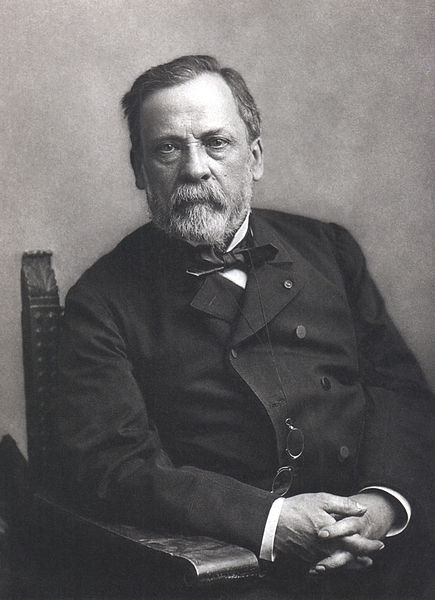
Nadar /Public Domain | Louis Pasteur
3. Galileo
Galileo Galilei (15 February 1564 – 8 January 1642) was an Italian astronomer, physicist, engineer, philosopher, and mathematician who played a major role in the scientific revolution of the seventeenth century. He has been called the “father of observational astronomy”, the “father of modern physics”, the “father of scientific method”, and the “father of science”.
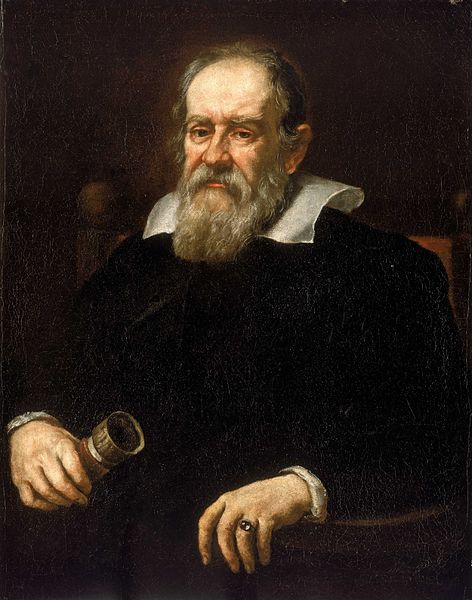
Justus Sustermans /Public Domain | Galileo
4. Marie Curie
Marie Skłodowska Curie (7 November 1867 – 4 July 1934), born Maria Salomea Skłodowska, was a Polish and naturalized-French physicist and chemist who conducted pioneering research on radioactivity. She was the first woman to win a Nobel Prize, the first person and only woman to win twice, the only person to win a Nobel Prize in two different sciences, and was part of the Curie family legacy of five Nobel Prizes. She was also the first woman to become a professor at the University of Paris, and in 1995 became the first woman to be entombed on her own merits in the Panthéon in Paris.
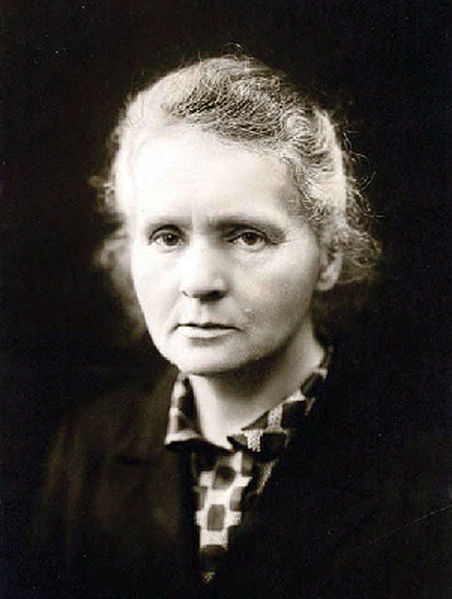
Wikipedia /Public Domain | Marie Curie
5. Albert Einstein
Albert Einstein (14 March 1879 – 18 April 1955) was a German-born theoretical physicist. He developed the general theory of relativity, one of the two pillars of modern physics (alongside quantum mechanics). Einstein’s work is also known for its influence on the philosophy of science. Einstein is best known in popular culture for his mass–energy equivalence formula E = mc2 (which has been dubbed “the world’s most famous equation”). He received the 1921 Nobel Prize in Physics for his “services to theoretical physics”, in particular his discovery of the law of the photoelectric effect, a pivotal step in the evolution of quantum theory.
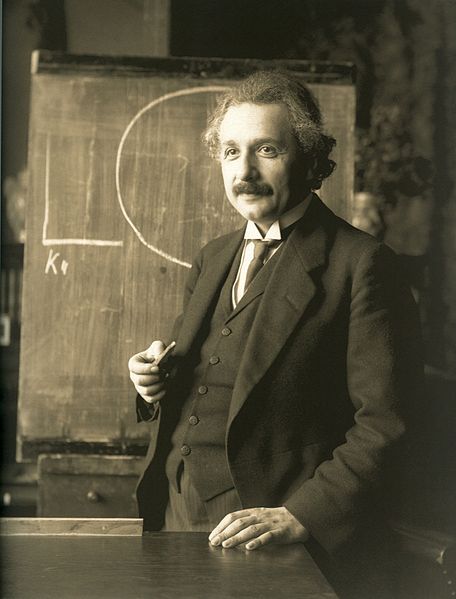
Ferdinand Schmutzer /Public Domain | Albert Einstein
6. Charles Darwin
Charles Robert Darwin, (12 February 1809 – 19 April 1882) was an English naturalist and geologist, best known for his contributions to the science of evolution. He established that all species of life have descended over time from common ancestors, and in a joint publication with Alfred Russel Wallace introduced his scientific theory that this branching pattern of evolution resulted from a process that he called natural selection, in which the struggle for existence has a similar effect to the artificial selection involved in selective breeding.
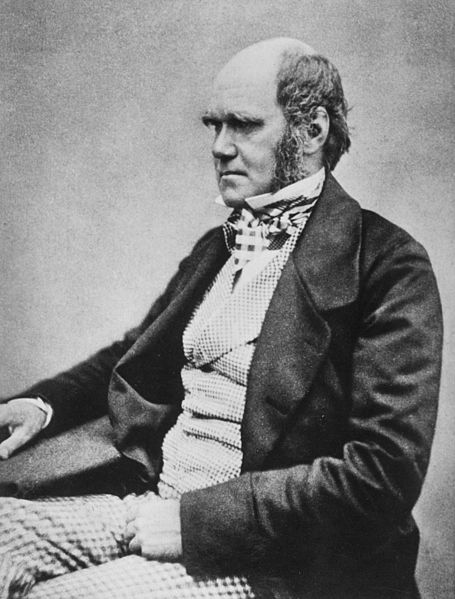
Beao /Public Domain | Charles Darwin
7. Otto Hahn
Otto Hahn, (8 March 1879 – 28 July 1968) was a German chemist and pioneer in the fields of radioactivity and radiochemistry who won the Nobel Prize in Chemistry in 1944 for the discovery and the radiochemical proof of nuclear fission. He is referred to as the father of nuclear chemistry.
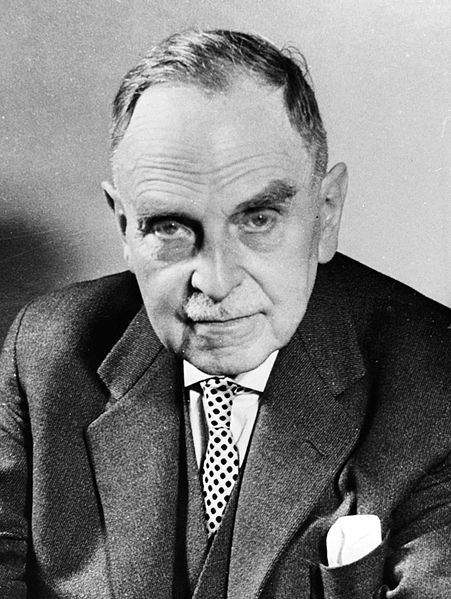
Basch /CC BY-SA 3.0 | Otto Hahn
8. Nikola Tesla
Nikola Tesla (10 July 1856 – 7 January 1943) was a Serbian-American inventor, electrical engineer, mechanical engineer, physicist, and futurist best known for his contributions to the design of the modern alternating current (AC) electricity supply system.
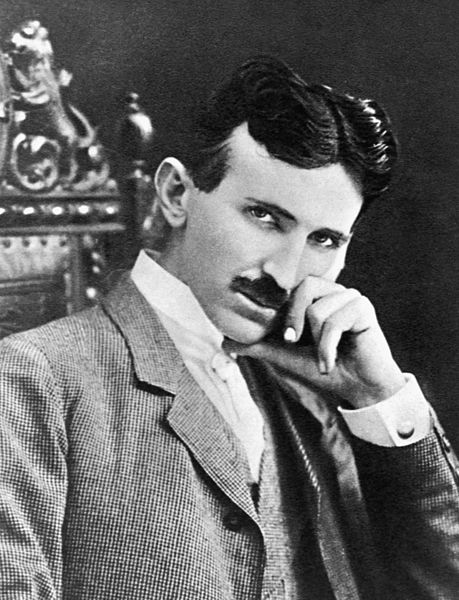
Wikipedia /Public Domain | Nikola Tesla
9. James Clerk Maxwell
James Clerk Maxwell (13 June 1831 – 5 November 1879) was a Scottish scientist in the field of mathematical physics. His most notable achievement was to formulate the classical theory of electromagnetic radiation, bringing together for the first time electricity, magnetism, and light as manifestations of the same phenomenon. Maxwell’s equations for electromagnetism have been called the “second great unification in physics” after the first one realised by Isaac Newton.
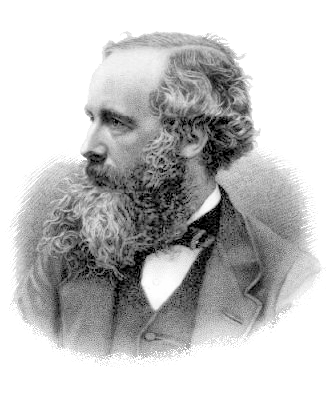
George J. Stodart /Public Domain | James Maxwell
10. Aristotle
Aristotle (Aristotle; 384–322 BC)was a Greek philosopher and scientist born in the city of Stagira, Chalkidice, on the northern periphery of Classical Greece. His father, Nicomachus, died when Aristotle was a child, whereafter Proxenus of Atarneus became his guardian. At seventeen or eighteen years of age, he joined Plato’s Academy in Athens and remained there until the age of thirty-seven. His writings cover many subjects – including physics, biology, zoology, metaphysics, logic, ethics, aesthetics, poetry, theater, music, rhetoric, linguistics, politics and government – and constitute the first comprehensive system of Western philosophy. Shortly after Plato died, Aristotle left Athens and, at the request of Philip of Macedon, tutored Alexander the Great beginning in 343 BC.

Jastrow /Public Domain | Aristotle

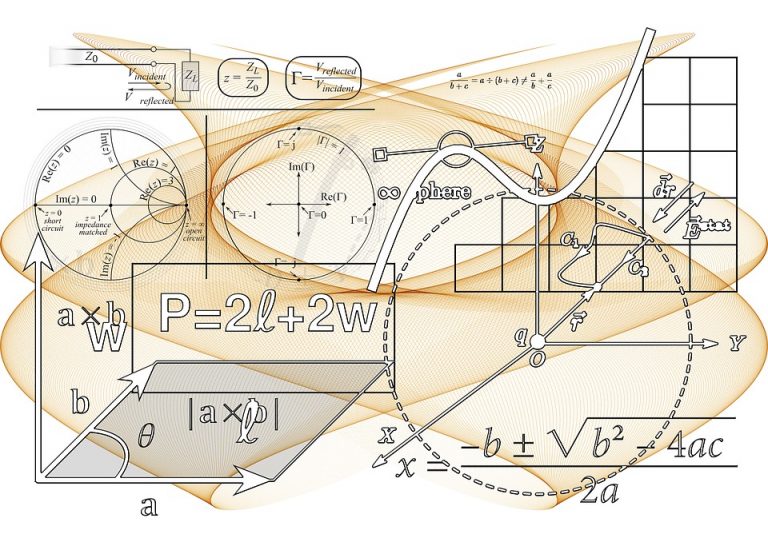

Connect with us